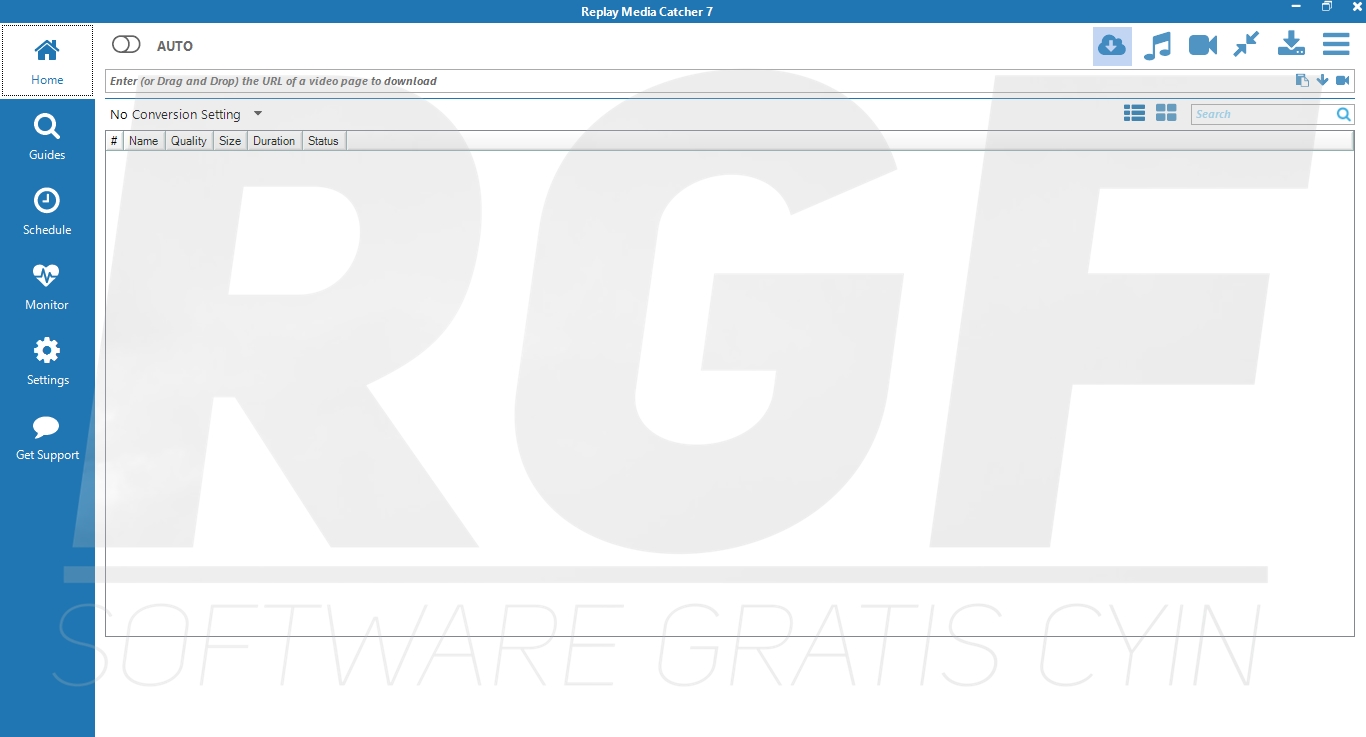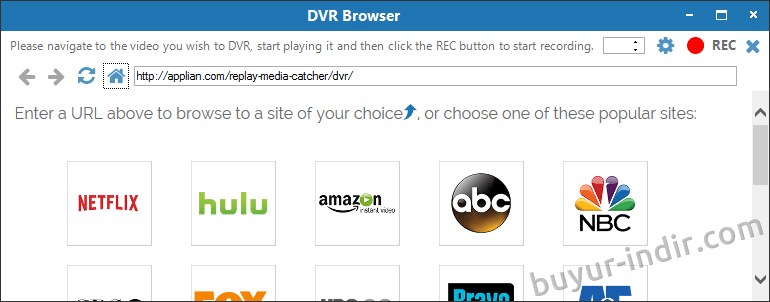

Indeed, he says he is sticking up for predominantly minority communities where language barriers might prevent people from complaining about noise. “I actually took loans from my mother and my brother to pay for the lawyers,” Nadel said.īut Detering takes issue with any claim his issuance of summonses is discriminatory. Yarin Nadel said he believes the ticketing pattern has had a discriminatory impact on his cell phone shops which have attracted multiple tickets from Detering. “It’s adding up to thousands and thousands of dollars and these bounty hunters essentially that are issuing these violations are taking home a portion of it!”īeyond the financial burden, some have raised concerns that citizen-based enforcement of the noise code could result in uneven or unfair application of the law from one neighborhood to the next.Īn I-Team analysis of city administrative court records shows, prior to April 30, Detering filed more than 300 summonses in the predominantly Hispanic neighborhoods of Jackson Heights and Corona in Queens. Those totals far outnumber his tickets in other zip codes.

“It’s outrageous. We have restaurants and bars calling us up and they’re getting 4, 5, 6 violations from the same person before they even get notice of the first violation,” said Andrew Rigie, Executive Director of the NYC Hospitality Alliance. Owners of several New York City bars, restaurants, and shops say they are fed up with an avalanche of city summonses for noise violations.īut these tickets are not being written by city employees, they’re being written and filed by civilians who stand to make 25-50% of the fines collected.




 0 kommentar(er)
0 kommentar(er)
